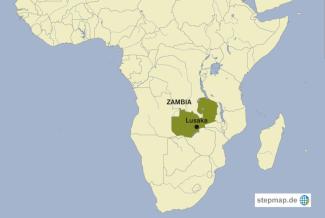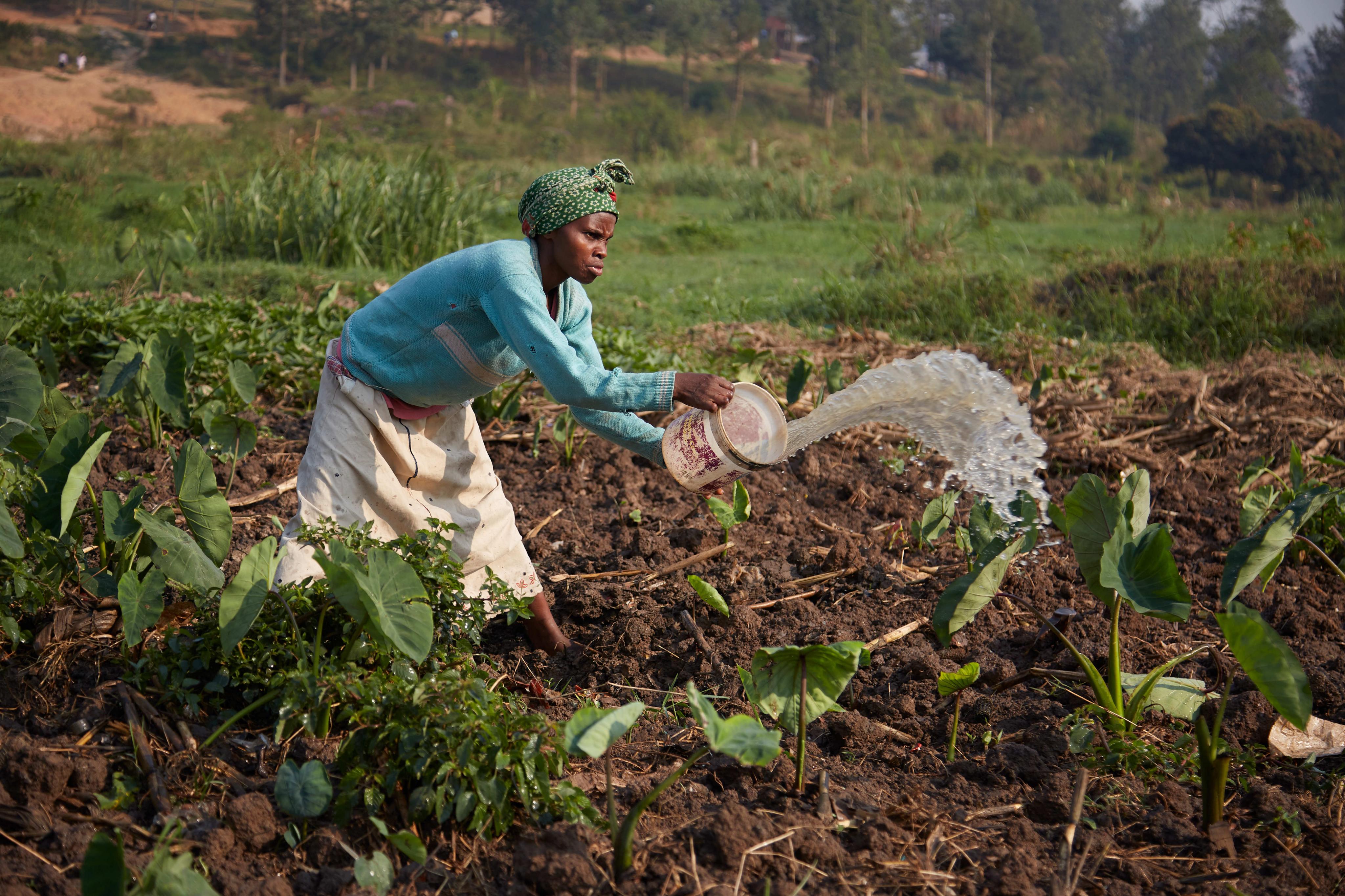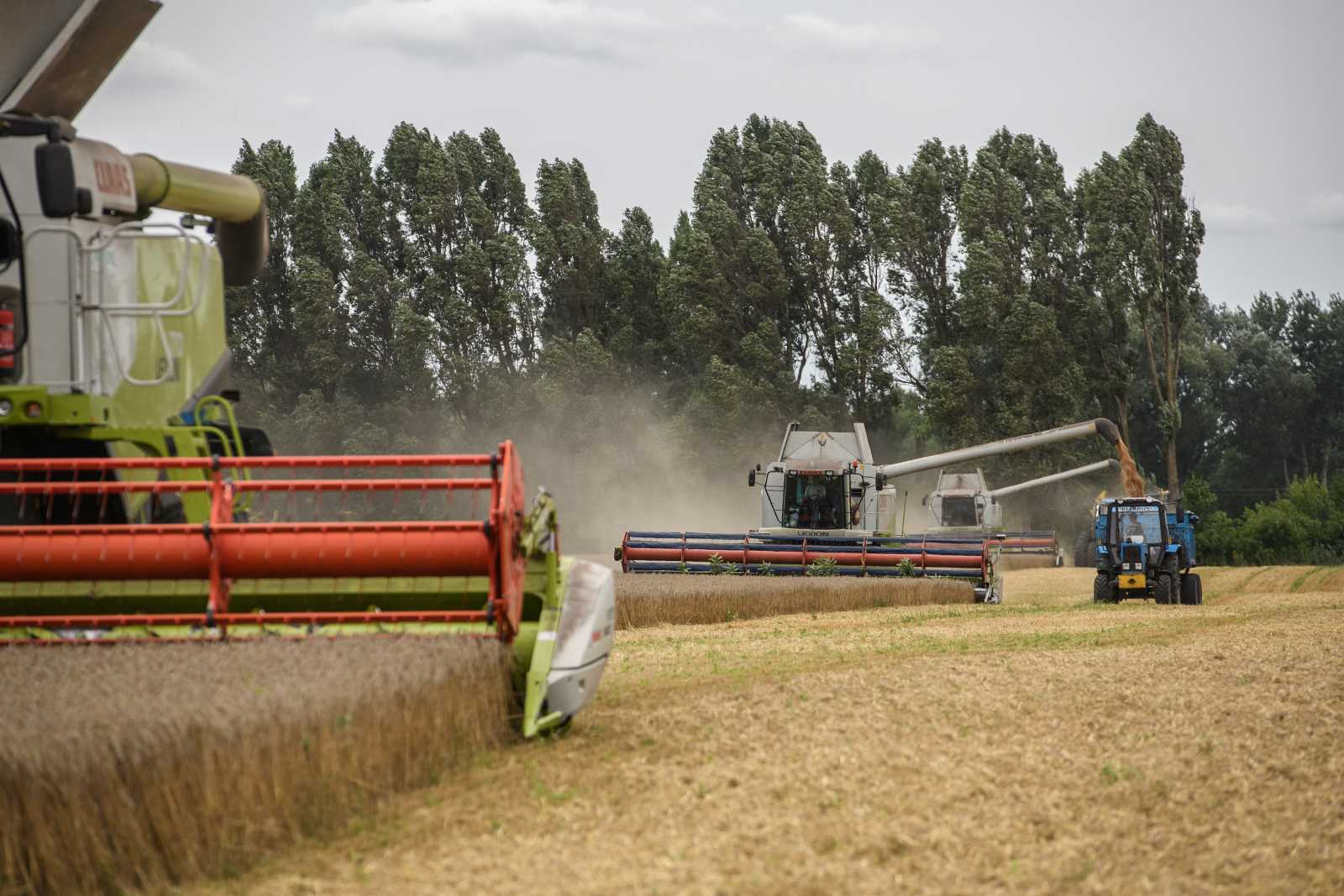Agribusiness
Fortifying crops

HarvestPlus, a non-governmental organisation (NGO) that develops bio-fortified crops, aims to change that – in Zambia and around the world. In Zambia, it works with the Zambia Agriculture Research Institute (ZARI) and others such as seed companies to add micronutrients to local crops.
Bio-fortifying crops can include genetic modification but also covers other, conventional methods for improving crops’ nutritional quality, such as selective breeding. In Zambia, HarvestPlus focuses on strengthening maize, beans, cassava and sweet potatoes with vitamin A – an essential nutrient for promoting growth, ensuring good vision and maintaining the immune system.
“What we are trying to do at HarvestPlus is to solve the micro-nutrient deficiency problem that we see at household level,” says HarvestPlus senior research associate David Samazaka. “We want people to have better nutrition. We also want them to have increased household income by growing crops not just for their own consumption but also for sale to others.”
Two-thirds of Zambia’s population lives in rural areas and relies on agriculture for income. Yet despite this population emphasis, and despite the country’s abundant fertile land and good rainfall, agriculture accounts for only 20 % of Zambia’s gross domestic product. With bio-fortified crops and better yields, agriculture could become a far more important source of economic growth.
As part of this effort, HarvestPlus researchers developed orange maize, fortified with vitamin A. Zambians have embraced orange maize for both its taste and health-promoting properties. “Once you start using orange maize, you will not go wrong in terms of its nutritional value,” says agricultural expert Amos Tembo.
Farmers are happy with the new variety of maize as well. Zambia’s six different varieties of vitamin A-fortified orange maize achieve yields similar to those of white-maize varieties. “Since, I started planting seeds that are enriched with more nutrients, my crop yield has improved every farming season,” says Anita Siabana, a farmer in the Chibombo district of the Central Province.
Other parts of the agribusiness value chain – including seed companies and food manufacturers – also praise bio-fortified crops. “We market bio-fortified seeds for maize and for beans,” says Bwalya Mwansa, a sales executive for seed company Afriseed. “We have strong demand from farmers in Zambia as well as Botswana and Angola. We see a need to increase our seed production to meet the demand.”
Kamano Seed Company, which produces and trades seeds for legumes, cereals and vegetables, also does a thriving business in HarvestPlus’ orange maize seeds. “From the time we started working with HarvestPlus, we have found their bio-fortified seeds to be well received by small scale farmers across the country,” says Nokutula Mulonga, the company’s sales manager.
Beyond improving nutrition and helping farmers, bio-fortification can boost Zambia’s agribusiness potential, according to participants in a recent industry exposition. This includes the country’s seed production, farming, crop marketing and agricultural research sectors. The key is continuous innovation, says Samuel Banda, business development manager for Advanta Seeds, a multinational seeds company.
Derrick Silimina is a freelance journalist based in Lusaka. He focuses on Zambian agriculture and sustainability issues.
derricksilimina@gmail.com












